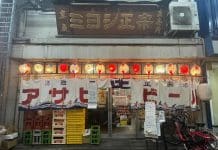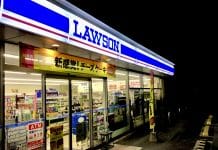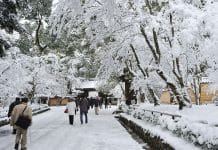So, you’re finally ready to make the big move. Soon, you’ll make Osaka your new home. There’s just one small problem…
Table of Contents
Where will you live?

Do you want an apartment or a house? What’s your budget? What common pitfalls or scams should you watch out for? Is buying an option?
Well, don’t worry. As someone who has navigated this particular vipers nest before, I am here to guide you through the process of getting set up in your new home, in Osaka. Most experts say that moving house, along with changing your job and getting married are the most stressful events we go through in our regular lives. Hopefully, today, we can help alleviate the impact of at least one of these stressors.
So, without further delay, here is our in-depth guide to finding a place to live in Osaka, as a newcomer.
Apartment or House?
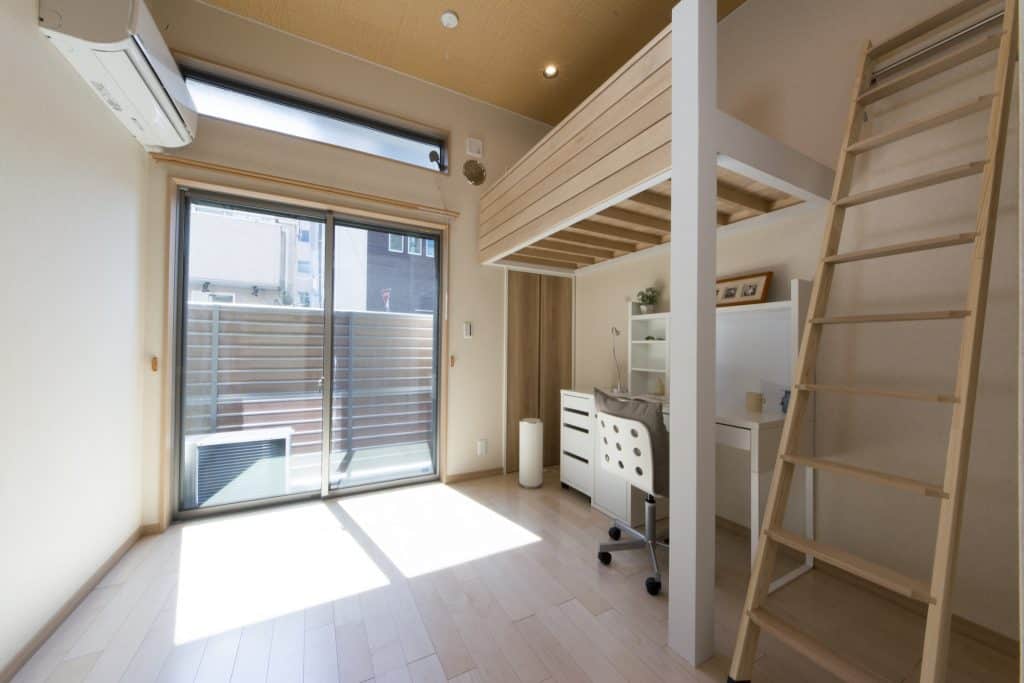
As one of Asia’s most vibrant cities, Osaka is, in many areas, somewhat cramped. As a result, the vast majority of properties you will find advertised, both for rental and purchase will be apartments. Of course, there are, on occasion, houses available too, but these tend to be older. They will also, in most cases, lie quite far from daily amenities such as supermarkets, convenience stores and public transport.
This is an important aspect to the Japanese property market that we need to consider. Japan’s location across a number of seismic fault lines is well documented. As a result, you’ll find very few houses that are more than 40 or 50 years old. Once they pass this age, owners tend to either rebuild them completely or just sell the land off to developers.
So, be very cautious about renting any residential dwelling that was built any earlier than the mid-1970s. If it seems too cheap, then that’s probably why.
Older houses, even those built more recently, may also lack some of the conveniences we come to expect in Japanese housing. Western toilets are not guaranteed.
Does the House Meet your Power Needs?
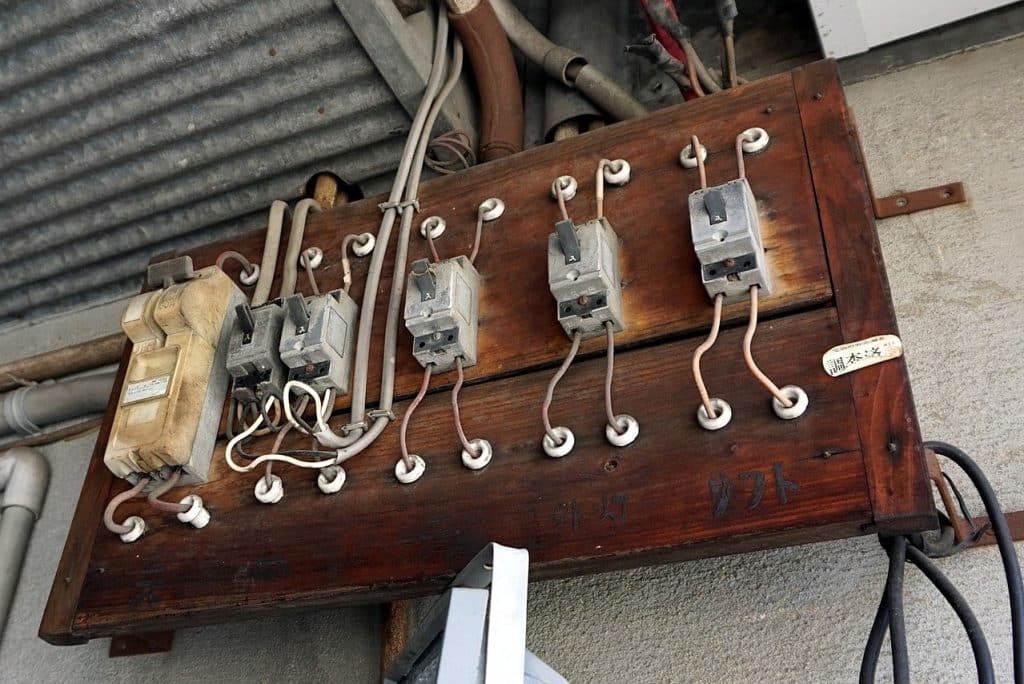
Also, a common problem is the electrical wiring. Put simply, many of these older houses predate the times when we all had computers, HD televisions, and other energy burning appliances. A friend of mine who rented an older house in Osaka’s suburbs once told me of how she was unable to use her microwave and her air conditioner at the same time.
Doing so would overload the breaker, causing a blackout. As I’m sure you’ll appreciate, being unable to use air conditioning effectively, especially at the height of Osaka’s long, hot and humid summer months is far from ideal.
Bearing all these points in mind, I would recommend going for an apartment for your first residence in Osaka. There are certainly bargains to be had in terms of houses. However, the pitfalls for those new to the market are so numerous, I definitely recommend avoiding them until you’re better familiarized with the local area.
Location
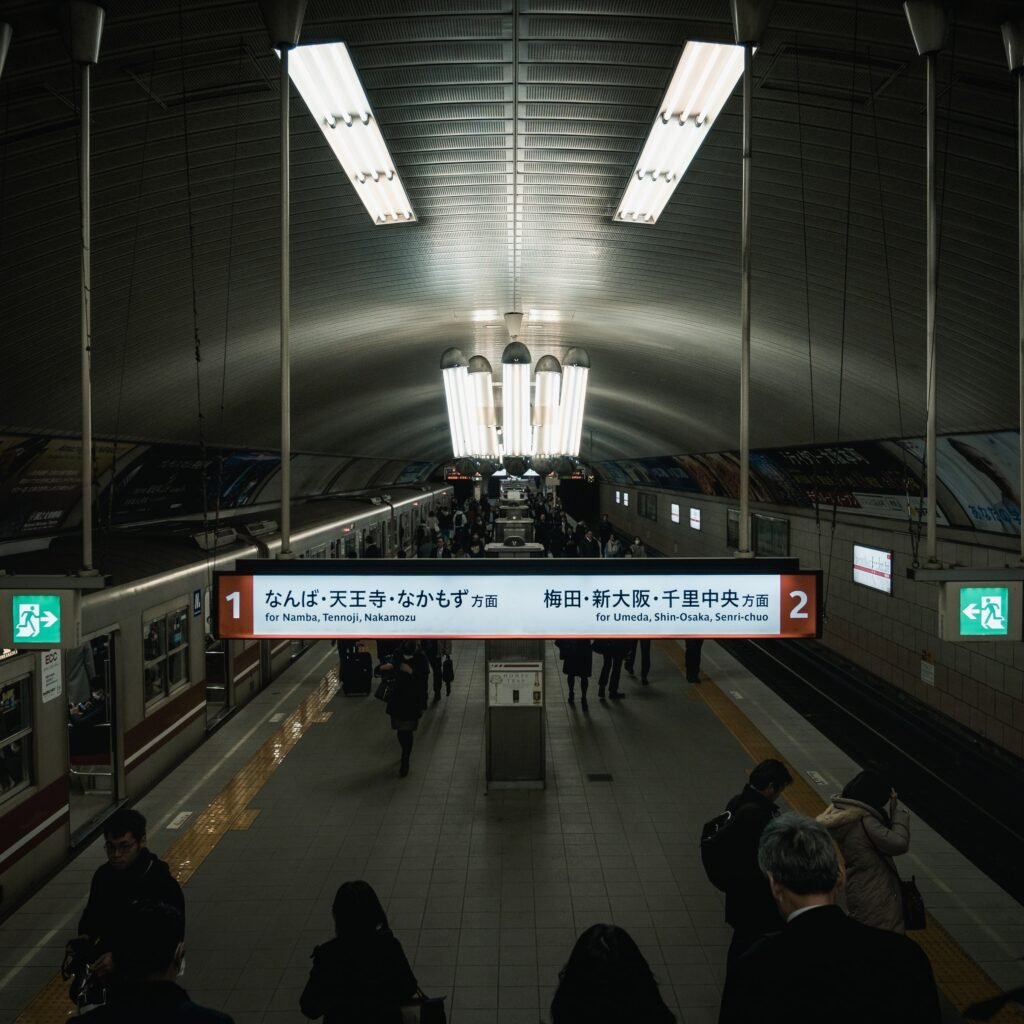
Once you’ve settled on the type of accommodation you want, the next question is “where should I live?”
There is no easy answer here, as everyone’s circumstances are different. What I would say though, is that Osaka’s rail and subway systems are some of the most efficient you will find anywhere. So, regardless of where in Osaka City you live, you should be able to reach any other point of the city in, at most, an hour or so.
Do you like to party?
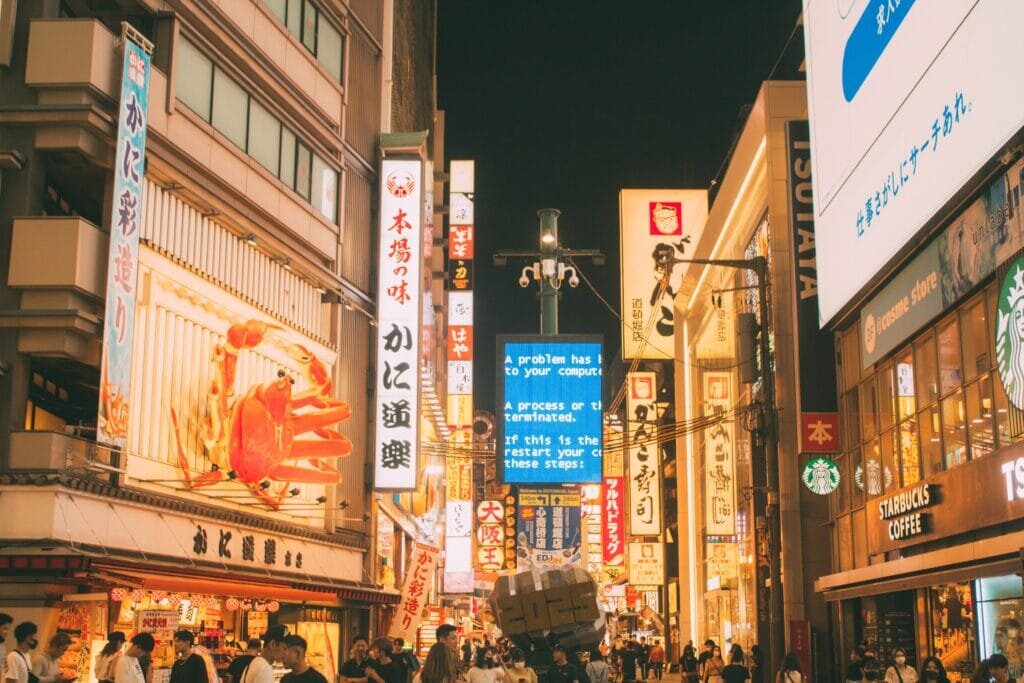
If the nightlife is something you’re especially interested in then you’ll probably want to live close to the Namba/Shinsaibashi areas of Osaka’s Chuo Ward. However, as this is the city center, you will pay a lot more, for a lot less in terms of space. Also, buildings in Chuo Ward (at least those affordable for the average worker) tend to be older than apartments you will find elsewhere. Also, whilst Osaka is generally a safe city, crime is definitely higher in these inner-city areas. Street prostitution is also an issue, particularly in the late evenings.
A better option for those looking to balance work and play is probably something a little further away from the city center. Popular locales for newly arrived foreign residents include Minato Ward, Taisho Ward and Suminoe Ward. These are all in the southern coastal areas of the city. However, once you reach your nearest train station, you’re still only about 20 minutes from the city center. Of particular interest in this regard is probably Bentencho. It’s a quieter, mostly residential area. However, since Bentencho Station is on the main JR Loop Line, you can reach either Umeda or Tennoji in less than 15 minutes.
Rental Prices

As is the case in any big city, rental rates fluctuate rapidly and vary considerably depending on the locale. However, there are some overall conclusions we can draw.
As a starting point, outlying districts such as Minato Ward, Higashiyodogawa Ward and Suminoe Ward offer the best value. You’re still only about 15 to 20 minutes from the city center, but prices are far more. Taisho and Nishinari are probably the cheapest however those areas come with their own issues. In the case of Taisho Ward, the train station is about 30 to 40 minutes’ walk away from the coast, which is where most of the cheaper residential property is. Buses are infrequent and not always reliable due to weather, etc. Nishinari is better in terms of proximity to the city center, however, it has high rates of crime, poverty and homelessness.
Now, for some baseline prices. In the cheapest areas, Nishinari and Taisho for example, you’re looking at between 55-65,000 yen per month for a modest 2 bedroom apartment. This increases slightly when we move to the more favorable areas such as Minato or Suminoe. In these areas, you’re going to pay about 75-85,000 yen per month for a similarly sized property. However, apartments in these areas are usually just a few minutes from the train station, offering maximum convenience.
Big City Life Needs a Big Budget (and Probably a Small House)
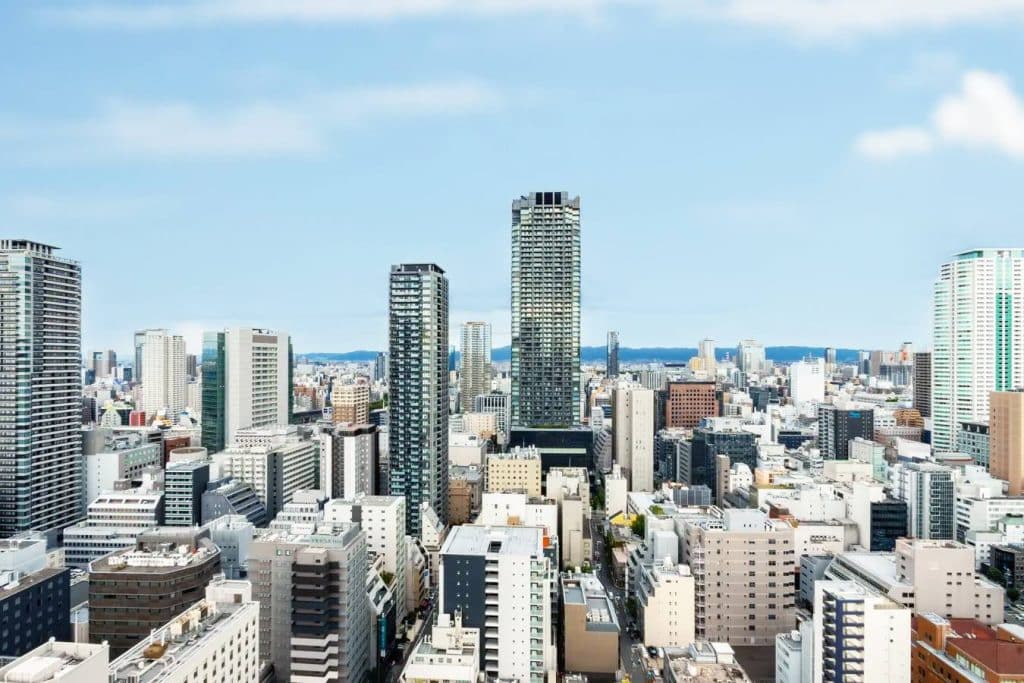
If you really want the city center location then be prepared to pay a premium for it. Even older apartments of a decent size will run to at least 100-120,000 yen per month. And if you want an executive level condominium, then those start at 250,000 per month.
Umeda tends to be slightly cheaper than Namba or Shinsaibashi in this regard. Umeda also has the added bonus of less problems with noise or petty crime at night.
House Rental Contracts: Beware the Pitfalls
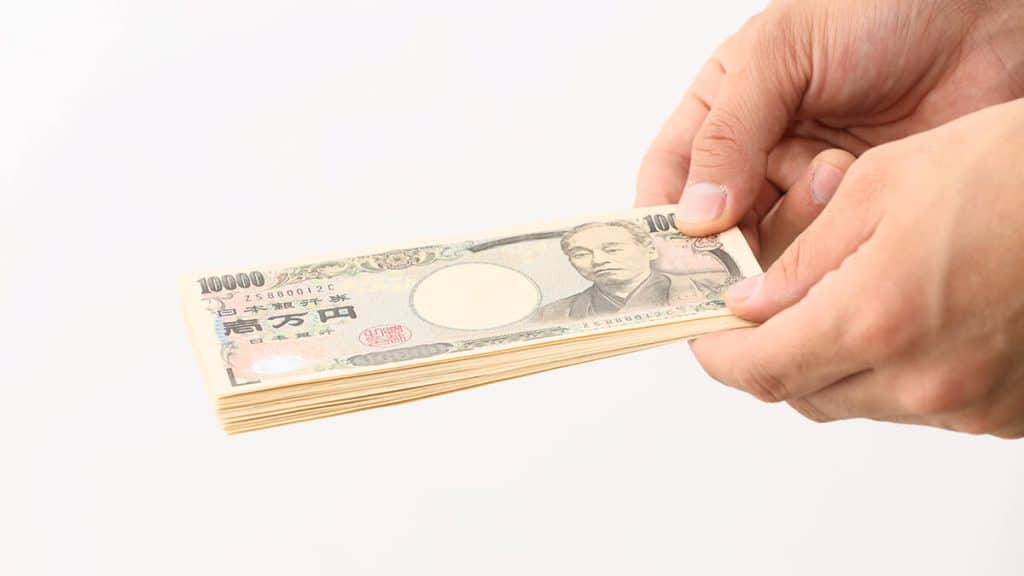
There are, undoubtedly bargains to be had in Osaka’s rental market, if you know what you’re looking for. However there are a number of pitfalls.
You’ve probably heard of the dreaded “key money” the arbitrary, non-refundable deposit one is expected to pay to the landlord upon moving in. Typically, this amounts to the equivalent of one or two months’ rent. However, in extreme cases, it can total as much as 6 months.
Thankfully, current economic circumstances mean that key money as a concept is on the decline. An increasing number of landlords no longer insist on it. In fact, I would go so far as to say that, when you get to the negotiation stage with the landlord, ask that they remove any key money requirement from the contract.
Be Flexible with Deposits
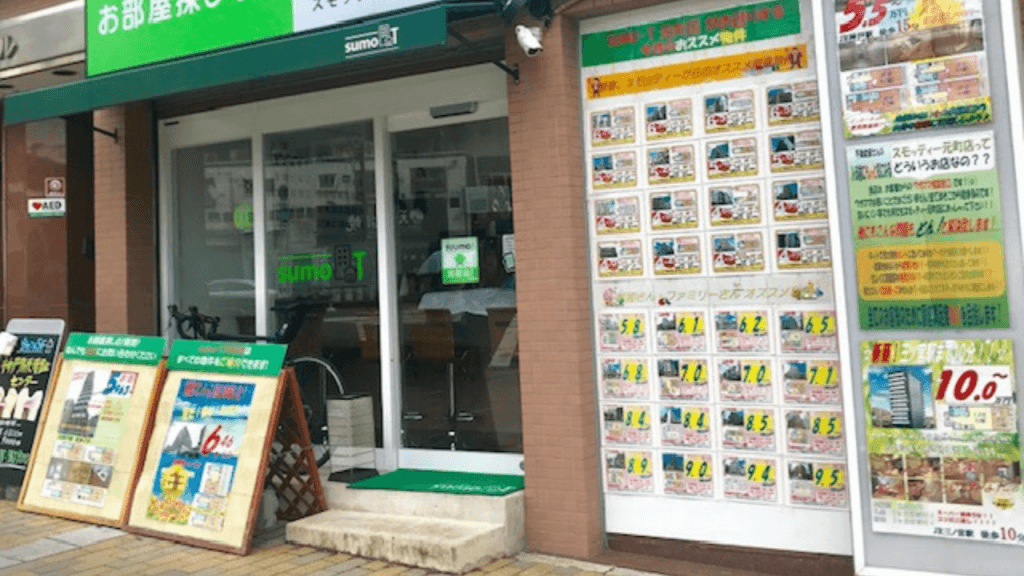
Frankly speaking, key money is nothing more than an anachronistic scam. It dates to a time when the number of people far exceeded the number of available dwellings. So, the onus was on the renter to “prove their worth” to their prospective landlord, usually via this none too subtle cash inducement.
Anyone who has even a cursory knowledge of Japan’s demographic issues will tell you this is no longer the case. The number of vacant properties continues to grow every year. It is now very much a buyer’s market, giving prospective tenants in Osaka far more bargaining power than before.
As a form of compromise, many of my friends in Osaka offer to pay a larger deposit, in return for the waiving of key money. For example, the initial demand might be for a one-month deposit and 2 months key money. Offer to pay two months deposit instead, and if you really want this particular residence, go up to three months deposit. This way, the landlord can feel reassurance that you are a serious tenant, but also forego the financial freebie of key money.
Racism in the Property Market

Japan has anti-discrimination regulations covering a number of areas of society. It is illegal for landlords or letting agents to discriminate based on gender identity, age, employment type or sexual orientation. Unfortunately however, the law doesn’t currently extend to race.
As a result there are numerous landlords who will flat out refuse to rent to foreign tenants. Over the years, there have been many documented cases of foreign tenants causing noise, damaging apartments, or leaving with unpaid rent arrears and utility bills. This, of course, does not justify tarring all non-Japanese with the same brush, but it does at least give context as to why this discrimination exists.
Again, my advice is to let it go. Renting a house is a very expensive undertaking and if someone doesn’t want my money, I’d rather find someone who does. To me there seems little point in arguing with a bigot. Even if they eventually relent and let you rent the property, do you really want to have a landlord who you know, deep down, doesn’t respect you and doesn’t really want you living in their property?
Can Foreigners Buy Residential Property in Osaka?
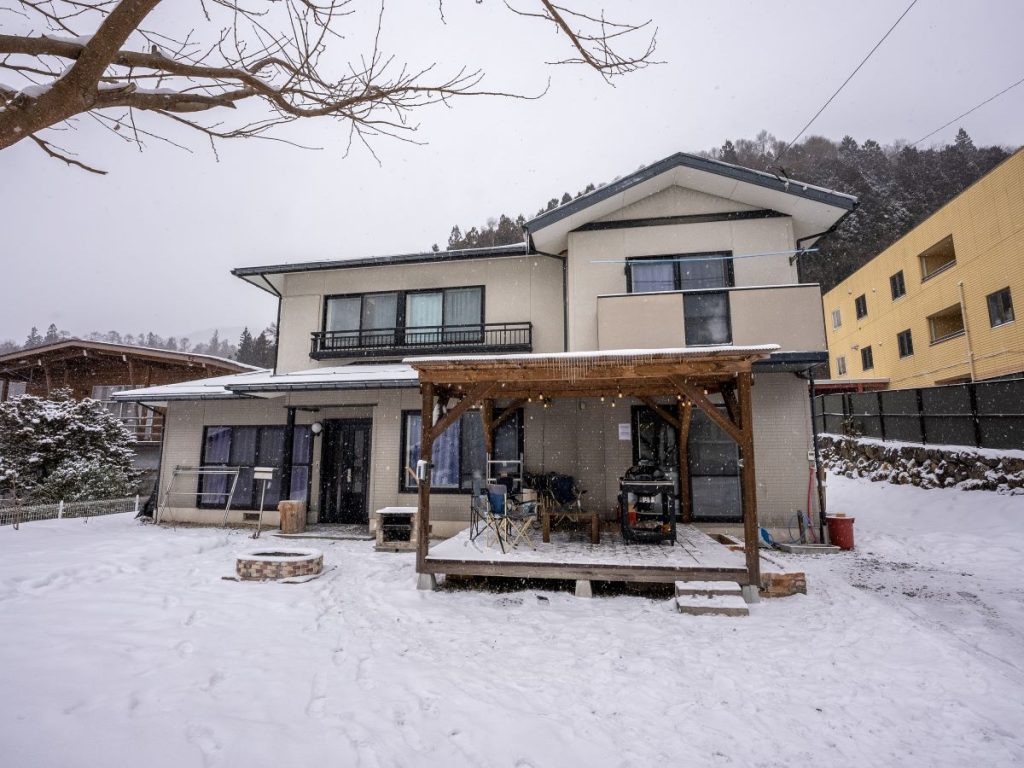
The short answer is yes. The detailed answer is, well, it’s complicated and there are numerous hurdles to overcome.
If you’ve got the money to pay upfront, in full, then yes, you can go buy a house in Osaka right now. However, as we know, the vast majority of home owners did not do this. Usually, mortgage or other form of long-term home loan is necessary to buy property.
Unfortunately, this isn’t an option for the majority of foreign residents in Japan.
It’s not you (well, actually it is)
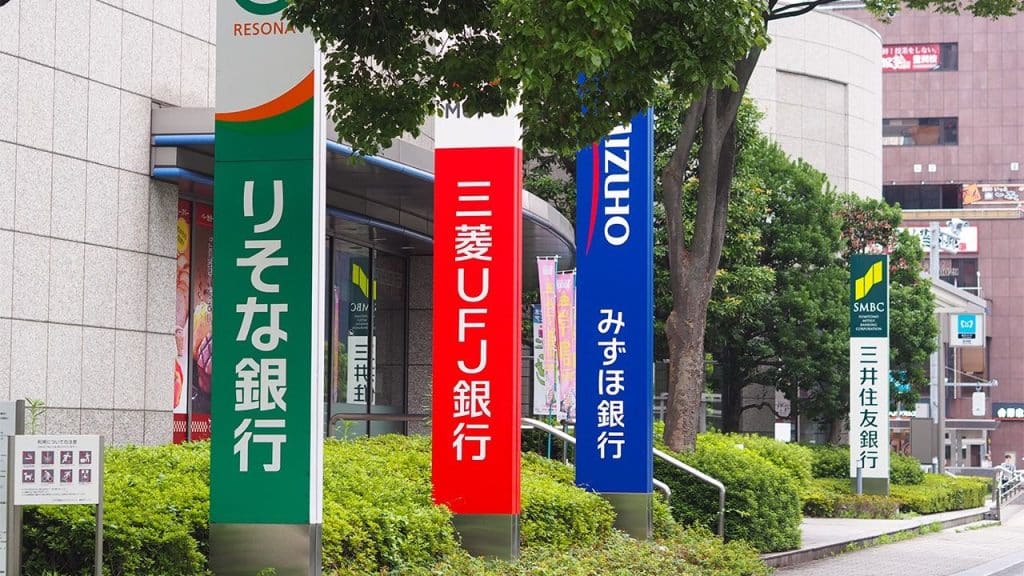
Banks have a lot of leeway in who they approve and who they deny for loans. Japanese financial laws also allow them to do so without giving any justification or reason as to why. They will tell you it’s not because you are foreign, but the reality is that a Japanese person in similar or even worse financial health would probably get approved.
I personally experienced this when purchasing a home with my wife last year. Even though I earned more and had a longer period of employment in my job, because I only had a 3 year visa, all the loan documents had to be exclusively in her name. Now, to give them credit, the mortgage broker did say that, if I become a permanent resident someday, then I can have my name added to the owner’s register and the home loan.
This is the case with most banks and mortgage lenders in Japan. Now, it’s not 100% guaranteed, but if you have a stable job and permanent residency then getting a mortgage is far easier.
Depending on your visa, and the type of employment you are involved in, it can take anything from 2 to 10 years to become eligible for permanent residency.
Should I Accept a Company House or Apartment?
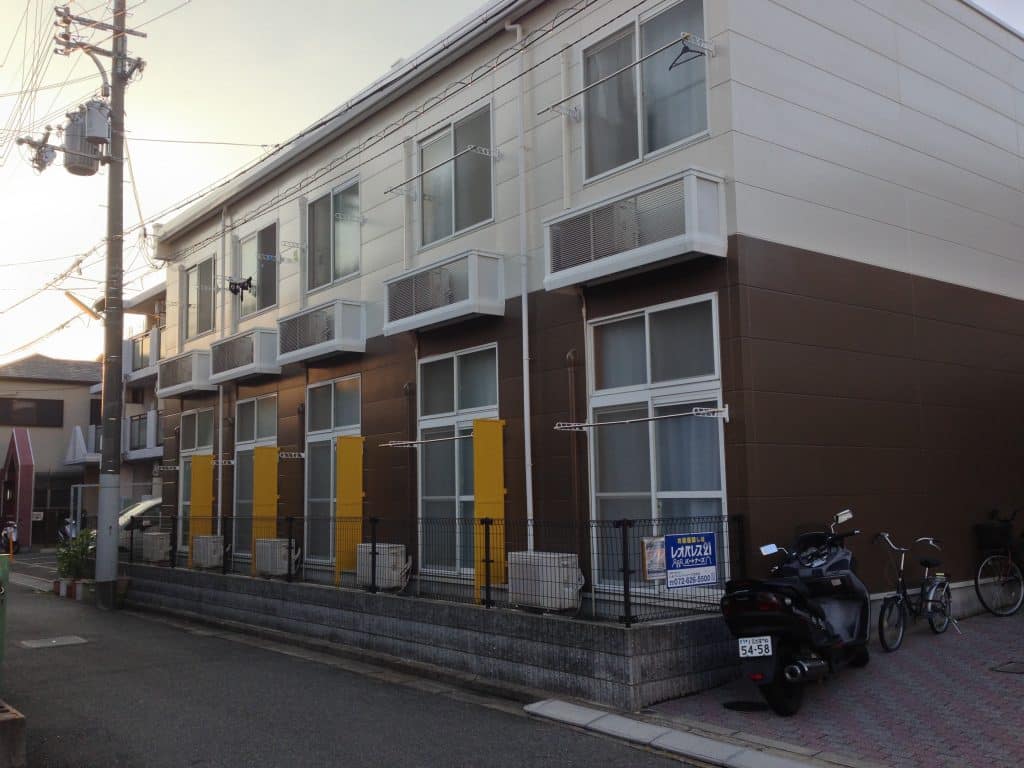
Many companies hiring foreign workers from abroad, especially in the English teaching sector, offer company apartments as part of their contract. It may seem like a sweet deal, and help offset one of, if not the biggest, start-up costs we face when moving to Osaka.
However, I would strongly advise against accepting company accommodation if you can.
Firstly, companies will usually tell you that the housing is “subsidized”, with the company picking up all your initial costs, such as deposits, key money etc. In most cases, this is an outright lie.
Rental costs are the same as, if not significantly more than you would pay per month to rent a similar apartment normally. Also, as the company has these apartments secured on long term leases from property firms such as Leo Palace to use as staff accommodation. As such, there aren’t any specific start-up costs when you move in, besides maybe some new furniture or hiring a cleaner for a few hours to get the place looking presentable.
Many staff on lesser wages often become “trapped” in these apartments. The salary they earn is enough to cover the monthly rent, but not enough to save up the funds required to move.
There is also the added problem that, if you do decide to quit your job, you’ll also become homeless at the same time.
In short, don’t take a company apartment. It may seem cheaper in the beginning, but it’ll cost you a whole lot more in the long run.
A Final Checklist for House-hunting
Here is a summary of all the important points to consider when renting an apartment in Osaka.
- Location. Is the area safe, is it within reasonable walking distance of a train station, and what is your door to door commuting time?
- Start-up costs: Do not pay key money. Always try to negotiate to get the deposit down as well. Get a complete breakdown of the total move-in costs before you sign up.
- Do not engage with discriminatory landlords: If a landlord has an issue with renting to foreigners, just move on. Give your money to someone who will actually appreciate it.
- Only accept company accommodation as an absolute last resort.
- Remember, it’s a buyer’s market so everything is negotiable.
In closing, Osaka is a great place to live, wherever your new home may be. It’s a big, bustling city, but it doesn’t have to be expensive. Follow this guide, use your own common sense, and do not be taken in by any hard-sell tactics.
Good hunting.





